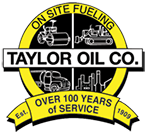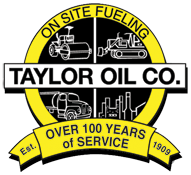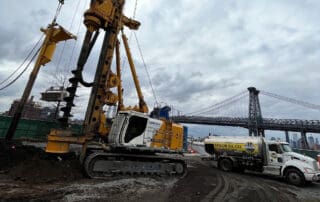Why Onsite Fueling is Essential for Heavy Equipment
In the fast-paced world of construction and industrial operations, efficiency and reliability are paramount. Heavy equipment, from bulldozers to cranes, plays a crucial role in these sectors, and ensuring these machines run smoothly is vital for project success. One often overlooked but essential service that supports this efficiency is onsite fueling. In this blog post, we'll explore why onsite fueling is a game-changer for heavy equipment and highlight how Taylor Oil Company is leading the way with their services across nine locations between Boston and Washington DC. The Benefits of Onsite Fueling for Heavy Equipment 1. Increased Productivity Onsite fueling significantly reduces downtime. Instead of waiting for equipment to be refueled at offsite locations, machines can be fueled directly at the job site. This ensures that operations continue seamlessly, boosting overall productivity. Time saved is money earned, and onsite fueling eliminates the logistical challenges of transporting equipment to and from fuel stations. 2. Enhanced Efficiency Refueling heavy equipment is often a time-consuming process. Onsite fueling allows for quick and efficient refueling, ensuring that equipment spends more time operating and less time idle. This efficiency translates to more consistent work hours and better adherence to project timelines. 3. Cost Savings [...]





